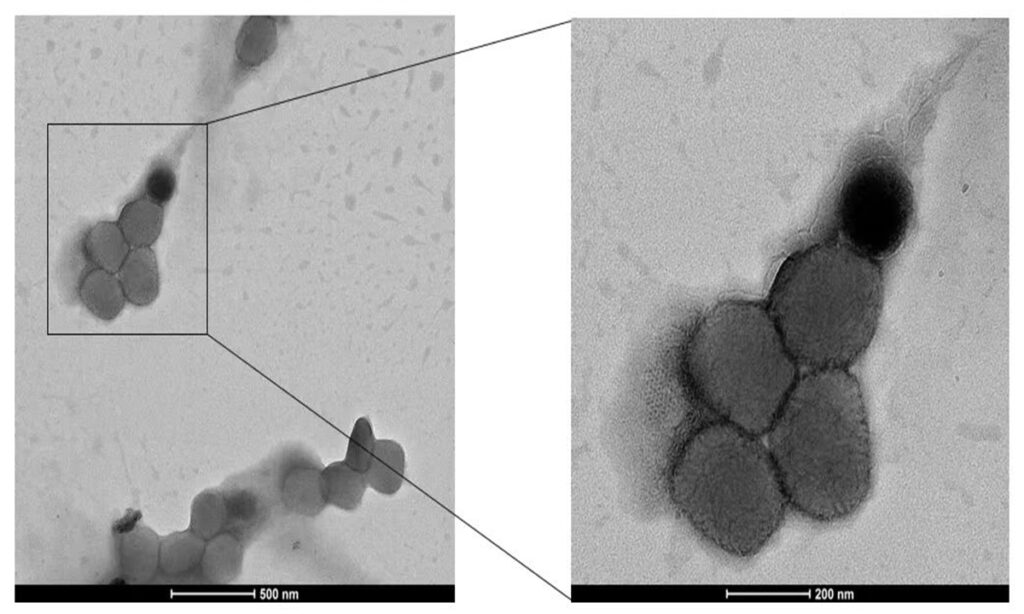The Chinese mainland has reported 491 new monkeypox cases across 23 provincial-level regions, the country’s Center for Disease Control and Prevention (China CDC) confirmed on Wednesday, increasing by over fourfold compared to last month. All of the cases are men, among which 96 percent were infected through sex with other men.
South China’s Guangdong Province reported the most cases in July, with 115 monkeypox infections registered. It was followed by Beijing at 81 cases, and Southwest China’s Sichuan Province at 49.
According to epidemiological review, all cases are male with 96.3 percent of them identified as men who had sex with other men (MSM), while the risk of transmission through other contact methods is low.
The majority of cases exhibited typical clinical symptoms including fever, rash, and swollen lymph nodes, with no severe or fatal cases.
About 90 percent were detected through active medical consultation, 6.5 percent were identified through contact tracing of close contacts, and the rest were discovered through active reporting and screening.
Experts noted that the reason why there has been a surge in cases compared with June is that monkeypox has been spreading covertly among men, with 80 percent of all cases from unclear sources, which makes the control and prevention of the disease difficult. What’s more, with increased publicity and education, there has been a rise in proactive medical consultations among key populations, leading to an increase in case detection through contact tracing, reporting, and screening.
Authorities warn that there is still a continuous risk of imported cases from overseas. According to monitoring data, the detected monkeypox virus genotypes in China all belong to the IIb branch (West African branch), which is mainly prevalent in countries in Europe, North America, and Asia.
Targeted publicity and education campaigns will be the focus for authorities, such as offline promotion through posters at venues frequented by MSM, such as bars, clubs, and bathhouses. As for online promotions, monkeypox prevention knowledge and service information will be disseminated through social networking apps and other platforms used by MSM, aiming to increase their awareness, the China CDC said.
(Global Times)




